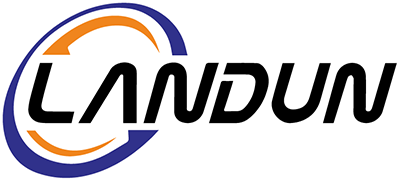The Importance of Certificates for Foreign Trade Exports.
With the continuous development of Internet technology, foreign trade exports are also increasing, and the requirements for export certificates are becoming more and more stringent. Different countries have different requirements for imported products, and the required certificates are also different. Common export certificates include CE certification, UL certification, FCC certification, CCC certification, RoHS certification, certificate of origin, outdoor waterproof and dustproof certificate, PSE certification, GS certification, SAA certification, SASO certification, CO certification, ISO900 certification, VDE certification , CBCA certification, CB certification, GOSTR certification and so on.
Products exported to EU countries generally require CE certification and RoHS certification. The CE mark is a "passport" for products to enter the markets of EU countries and EU Free Trade Association countries. Any regulated product, whether it is produced outside the EU or a member of the EU, must comply with the requirements of the directive and relevant harmonized standards and be affixed with the CE mark in order to circulate freely in the EU market. This is a mandatory requirement put forward by EU law for related products, which provides a unified minimum technical standard for products from various countries to trade in the European market, and simplifies trade procedures.
PSE certification is a huge market for electrical products in Japan, and Japanese consumers also attach great importance to the safety of electrical products. PSE includes EMC and safety requirements. All products belonging to the "Specified Electrical Appliances" catalog must pass the certification of a third-party certification agency authorized by the Ministry of Economy, Trade and Industry of Japan to enter the Japanese market, obtain a certification certificate, and have a diamond-shaped PSE mark on the label.
GOSTR certification covers a wide range of products, including industrial, mechanical, electronic and consumer products. Such as food, cosmetics and toys and so on. According to the regulations of the Russian certification and accreditation agency, more than 50% of the products sold in the Russian market must be affixed with the GOSTR conformity mark.
SASO is the Saudi Arabian Standards Organization. SASO is responsible for formulating national standards for all daily necessities and products, and the standards also involve measurement systems, identification, etc. In fact, many of the SASO standards are established on the basis of safety standards of relevant international organizations such as the International Electrotechnical Commission (IEC). Like many other countries, Saudi Arabia has added some unique items to the standard according to its own country's civil and industrial voltage, geographical and climate environment, ethnic and religious habits, etc. In order to achieve the purpose of protecting consumers, SASO standards are not only applicable to products imported from abroad, but also to products produced in Saudi Arabia.
In addition, for the special functions of some products, according to the needs of customers, relevant certificates are also required. For example, for products used outdoors, customers need to report with a waterproof and dustproof certificate, so that consumers can trust them. For some other countries, if the certificate of origin can be provided, then the customer's tax can be reduced, which is also very important. This can prove the importance of certificates for foreign trade exports.
